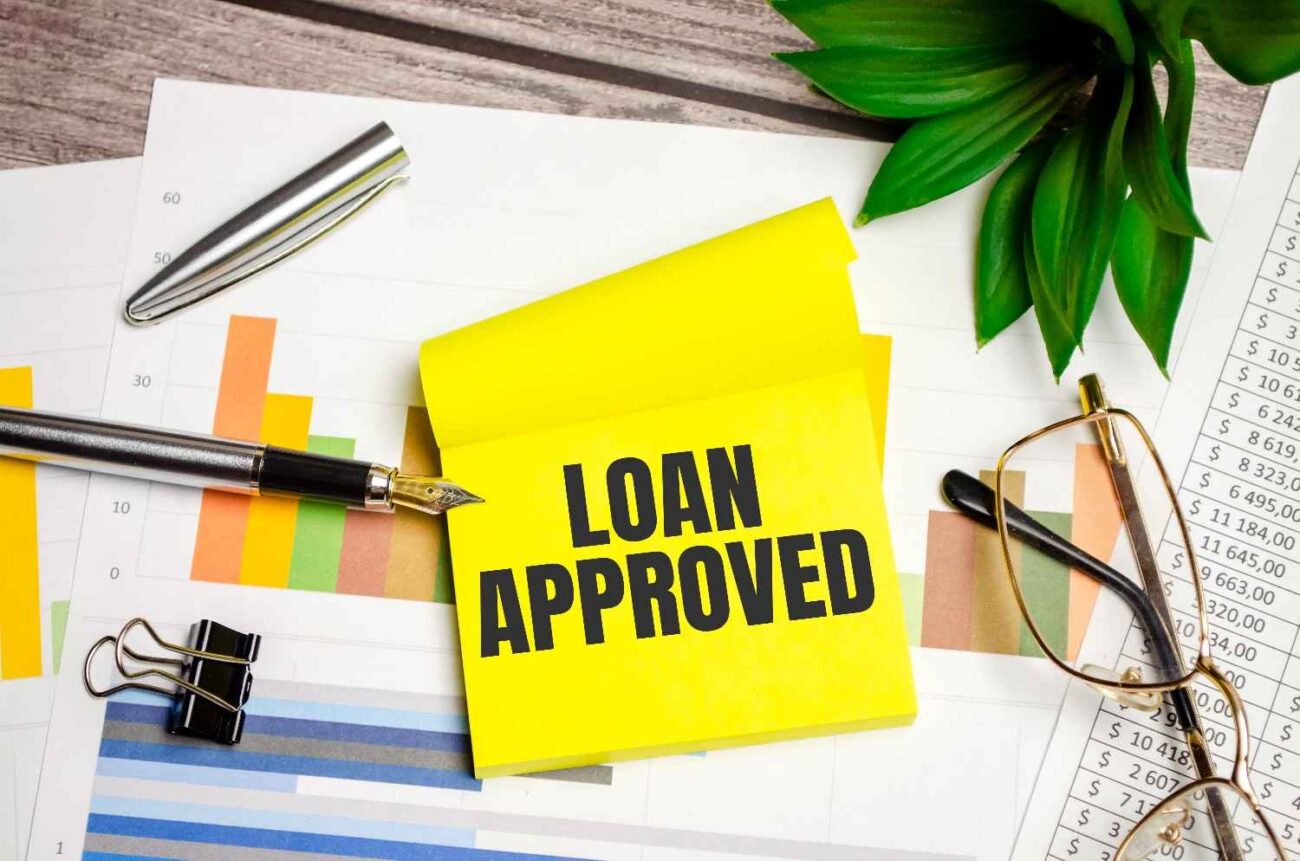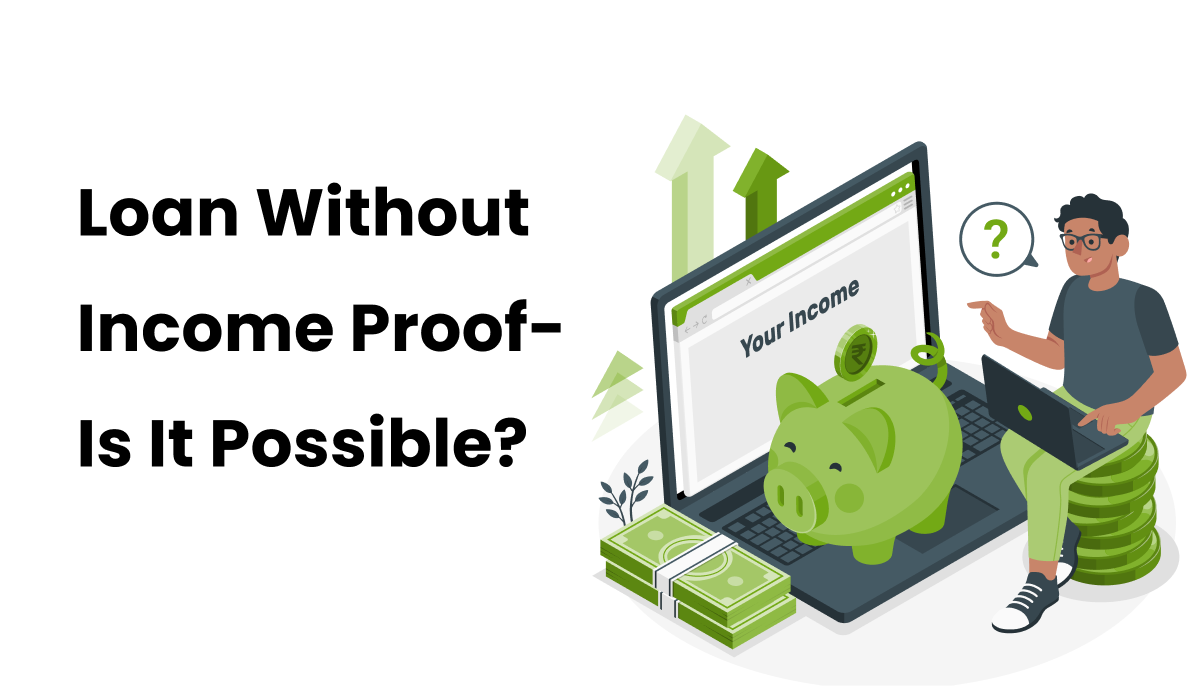Getting a loan when your credit score is low is already a complicated affair. Most of the time, the lenders place such borrowers in the ‘high-risk’ category, which consequently leads to increased interest rates, shorter terms or even more paperwork. But what happens if you end up defaulting on a loan after approval with an already low score? The consequences can be serious, long-lasting, and affect your financial reputation. Let’s break it down in a practical way.
Knowing What “Defaulting on a Loan” Means
A loan default occurs when you do not pay your loan as per the agreed schedule. This could be either by not paying multiple EMIs or stopping the payments altogether. Missing just one EMI can have a short-term effect on your credit score, but if defaults are repeated, the impact will be much bigger.
Immediate Impact: Credit Score Drops Further
If your credit score was already low, defaulting on a loan can drag it down even more. This makes borrowing in the future much harder.
Credit Score Impact Table
| Situation | Credit Score Effect |
| One missed EMI | Small to moderate drop |
| Multiple missed EMIs | Significant drop |
| Full loan default | Severe drop, recovery may take years |
Loan Rejections and Stricter Terms
When you default, other lenders consider you to be a person with a high risk. The whole situation results in,
- Rejections of loans in greater frequency
- Higher interest rates in the case of approval
- Approval processes are taking more time
- Credit cards and small loans are being subjected to less accessibility
Even minor credit products become difficult to obtain after defaulting.
Penalties and Extra Charges
Default comes with the baggage of penalties that may turn out to be even harder to bear financially.
The penalties may include,
- Late payment fees
- Imposed interest on overdue instalments
- Cheque bounce or processing fees
- Communication fees for collection
These extra costs increase your total debt and make repayment harder.
Recovery and Collection Efforts
The moment your EMI is overdue, lenders begin with recovery efforts.
What You Can Expect
- Frequent calls and messages
- Email reminders and legal notices
- Visits from recovery agents (as per RBI guidelines)
Olyv and similar platforms can assist borrowers in checking repayment options or negotiating with lenders to prevent things from escalating before they actually get worse.
Legal Consequences
While not every default leads to legal action, ignoring repayments may escalate.
Potential Legal Actions
- Civil court proceedings for loan recovery
- Arbitration proceedings for NBFC loans
- Cheque bounce cases under Section 138
Legal action adds financial and emotional stress.
Effect on Existing Loan Terms
Making a default payment can result in modification of your loan conditions:
Possible Changes
- Higher interest rates
- Withdrawal of pre-approved offers
- Cancellation of top-up options
- Blocking of auto-debit facilities
This also damages your future borrowing ability.
Broader Life Impacts
Default history affects more than just loans,
- May affect job background checks
- Could impact renting a home
- Reduces credibility in financial dealings
Rebuilding After Default
The good news? Recovery is possible with effort.
Steps to Rebuild Your Credit
- Clear outstanding dues as soon as possible
- Maintain timely EMI payments moving forward
- Keep credit utilisation low
- Maintain active accounts in good standing
With discipline and careful planning, your score can recover gradually. Platforms like Olyv can track credit health and provide personalised guidance to rebuild your financial reputation.
EMI Miss vs Full Default
| Scenario | Credit Score Impact | Future Loan Chances |
| One missed EMI | Mild | Possible |
| Multiple missed EMIs | Strong | Difficult |
| Full default | Severe | Very low |
Default Consequences vs On-Time Payments
| Defaulting | Paying On Time |
| Score drop | Score improvement |
| High penalties | No penalties |
| Loan rejections | Easy approvals |
Conclusion
Defaulting on a loan after getting approved with a low score can have serious consequences. It can lower your credit score further, increase penalties, and make it difficult to access future credit. Legal actions, higher interest rates, and stricter loan terms are also possible, which can affect your financial reputation and borrowing options for years.
The good news is that recovery is possible. By clearing outstanding dues, maintaining timely repayments, and monitoring your credit carefully, you can rebuild your financial health. Platforms like Olyv can help you track credit status, explore repayment options, and make smarter financial decisions, ensuring a safer path to recovery.



